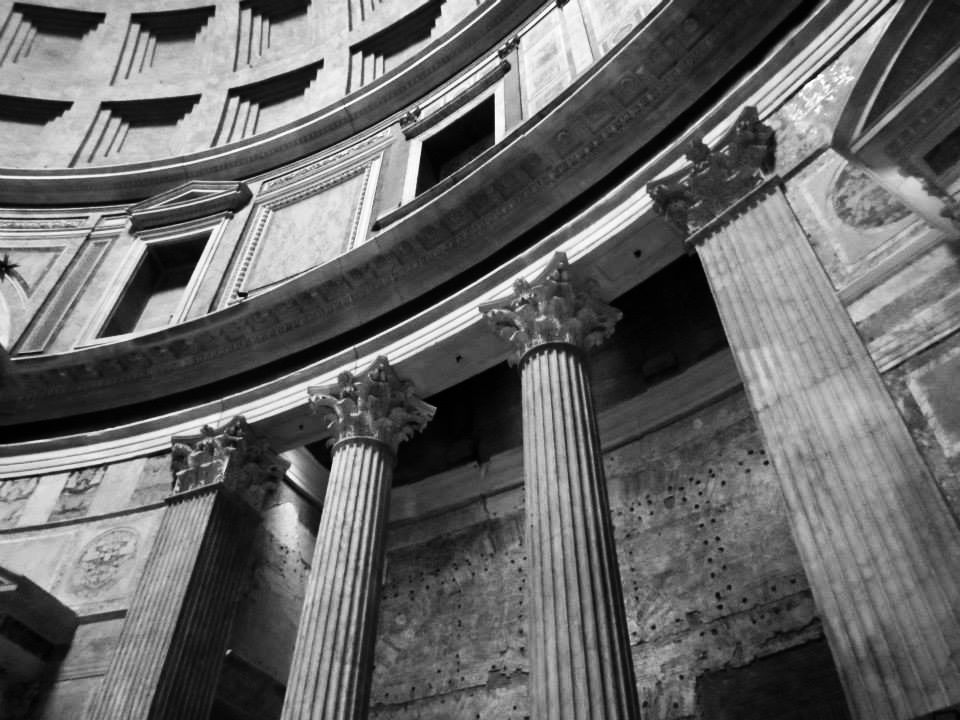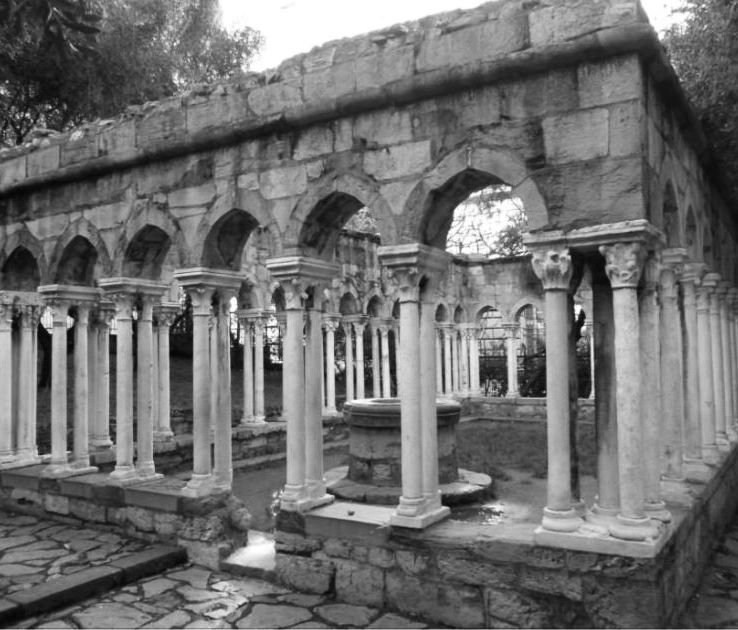
Synopsis:
Origen’s exposition on the material world – and its relation to the human soul – examines the complexion of evil, the genesis of virtue, as well as the internal frictions of the middle-ground vis-à-vis human action. Origen affirms the mono-causality of wisdom, righteousness, and truth in synthesis with God.
Excerpts:
“The never-ending thirst for wisdom must be chosen by souls as their first object. This necessarily means first of all a strong orientation inward involving the closing of one’s eyes to the outer world.
“To ask about the soul means to cast one’s gaze into the abyss of eternal eons and immeasurable waves of fate.
“Just as when our eyes rest upon something made by an artist, our mind burns to know how and in what way and to what purpose it was made, far more and beyond all comparison with such things does our spirit burn with an unspeakable longing to know the why and wherefore of the works of God which we see.
“You must understand that you are another world in miniature, and that there is in you sun and moon and also stars.
“For the body to grow and to become great lies not within our power. For the body takes its material size, whether large or small, from its genetic origin; but our soul has its own causes and its free will to make it large or small.
*All excerpts have been taken from Origen: Spirit & Fire, The Catholic University of America Press.

You must be logged in to post a comment.